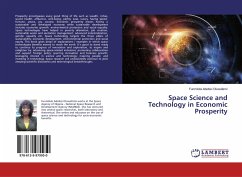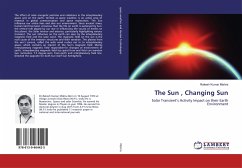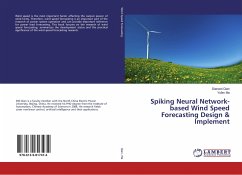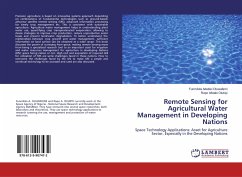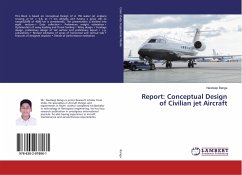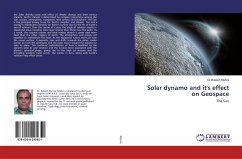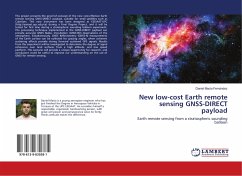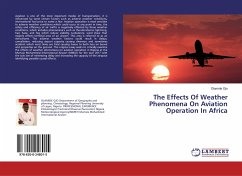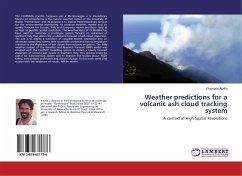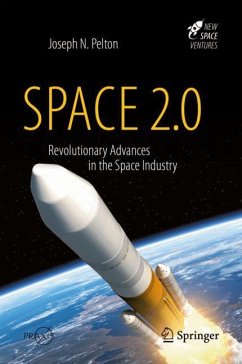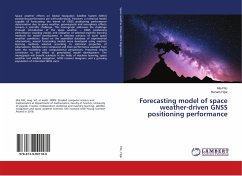
Forecasting model of space weather-driven GNSS positioning performance
Versandkostenfrei!
Versandfertig in 6-10 Tagen
22,99 €
inkl. MwSt.

PAYBACK Punkte
11 °P sammeln!
Space weather effects on Global Navigation Satellite System (GNSS) positioning performance are well-understood. However, a numerical model capable of forecasting the extent of GNSS positioning performance deterioration due to space weather, geomagnetic and ionospheric effects remains a scientific challenge. This monograph addresses the challenge through introduction of the space weather - GNSS positioning performance coupling model, and utilisation of selected machine learning methods for model development in selected scenario of quiet space weather conditions. Based on the assembled database ...
Space weather effects on Global Navigation Satellite System (GNSS) positioning performance are well-understood. However, a numerical model capable of forecasting the extent of GNSS positioning performance deterioration due to space weather, geomagnetic and ionospheric effects remains a scientific challenge. This monograph addresses the challenge through introduction of the space weather - GNSS positioning performance coupling model, and utilisation of selected machine learning methods for model development in selected scenario of quiet space weather conditions. Based on the assembled database of experimental observations, several forecasting models were developed using machine learning methods selected according to statistical properties of observations. Models were compared and their performance assessed from both the modelling and computational perspectives. Presented results contribute to the effort of generalised model development. The monograph will benefit scientists in thefields of machine learning, space weather and satellite navigation, GNSS receiver designers, and a growing population of interested GNSS users.



